Today I’m very excited to announce that Thanatos, Part III of the Carpathian Interlude, is finally out in the world!
I know this novella has been a long-time-coming, especially for those of you who have e-mailed me to say that this series is your favourite of all my books.
It feels rather strange to finish this trilogy. It’s the end of a journey that began as a bit of fun, but then quickly turned into something a lot more serious, gruelling, and frankly…painful.
I have a confession to make to you…
The first draft of this book was finished over two years ago.
Yes, you read that correctly.
I regret that I’ve left fans of this series hanging for so long since the release of Lykoi (Part II). However, I wasn’t ready to deal with Thanatos for some time after typing ‘The End’ on it.
This is where I get very personal with you, dear readers.
You see, when I was about half way through writing this story, my father passed away very suddenly. He was alone, away from his family, on his way to work.
The event hit my family like a Dacian raiding party in the dead of night.
I was floored…paralyzed.
But I knew that if I did not finish Thanatos then, while I was in the flow, I never would. So, a few days after this sad occasion for my family, I sat down for hours one night and fought my bare-fisted, bloody way to the end of the novel.
People say that when times are tough, writing can be one of the most cathartic activities you can undertake.
And you know what?
It’s true. Despite the brutality of that writing session, and the darkness of the story itself, it did help me in a way.
When it was done, when I finally typed ‘The End’, my grief poured out and the fog I had been caught in began to lift.
For a long time, I wondered how bad the story might be, that I might have just dumped my chaotic grief onto the page. That’s another reason this took so long to get out.
But this past fall, I finally handed the manuscript to my editor, dreading the feedback I would get and the sight of red all over the paper like vicious sword wounds.
It seems however, that pain and brushes with death can indeed give life to creativity.
When she returned the manuscript of Thanatos to me, my editor told me she thought it was perhaps one of the best things I’ve written yet.
Now for a bit about the story itself…
As I mentioned, The Carpathian Interlude series was originally intended to be a bit of fun, but it quickly became serious.
Despite the fantastical elements of the stories with zombies (Immortui) and werewolves (Lykoi), a fair amount of research has gone into these novels, and Thanatos is no exception. As always, I have striven for accuracy when dealing with the historical parts of these books.
Mithras and Mithraism, which was an important religion among Roman soldiers, are a big part of these books. Thanatos really delves into ancient Zoroastrianism, of which Mithraism is a part.
The historic event that these books revolve around is the Battle of the Teutoberg Forest in A.D. 9, in which Quinctilius Varus lost three of the Emperor Augustus’ legions in the forests of Germania. It was a time of terror in the Empire.
I also did a great deal of research into Dacians, their gods, and the Dacian capital of Sarmizegethusa for Thanatos; it was a fascinating rabbit hole to fall into.
For those of you who like the follow the history and research of my novels, never fear, for later this year I’ll be posting a blog series called The World of The Carpathian Interlude. Stay tuned for that.
Some of you may also be wondering about the title of Thanatos.
‘Thanatos’ is the Greek word for ‘Death’. This is deliberate on my part, and directly tied to the Carpathian Lord in the stories.
However, that is where the ties to the ancient Greek image of ‘Thanatos’ ends.
In ancient Greek tradition, Thanatos was a winged god, the twin brother of Hypnos (Sleep). In Hesiod’s Theogeny, Thanatos is the son of Nyx (Night) and Erebos (Darkness).
Thanatos was the personification of Death, and to the ancient Greeks, it was his duty to usher the spirits of the dead to the appointed place, a role later more associated with Hermes. To the ancient Greeks, he was a dreaded god, but not wicked or evil.
In Part III of the Carpathian Interlude, Thanatos is a much more ancient evil, an enemy of the gods in the battle between Light and Dark.
As I said, there will be a blog series about all the research for the Carpathian Interlude trilogy coming out later this year.
In the meantime, I do hope you enjoy this new story, and that it gets you thinking, even in the darkest of places.
Thank you for reading, and may you walk in the Light…



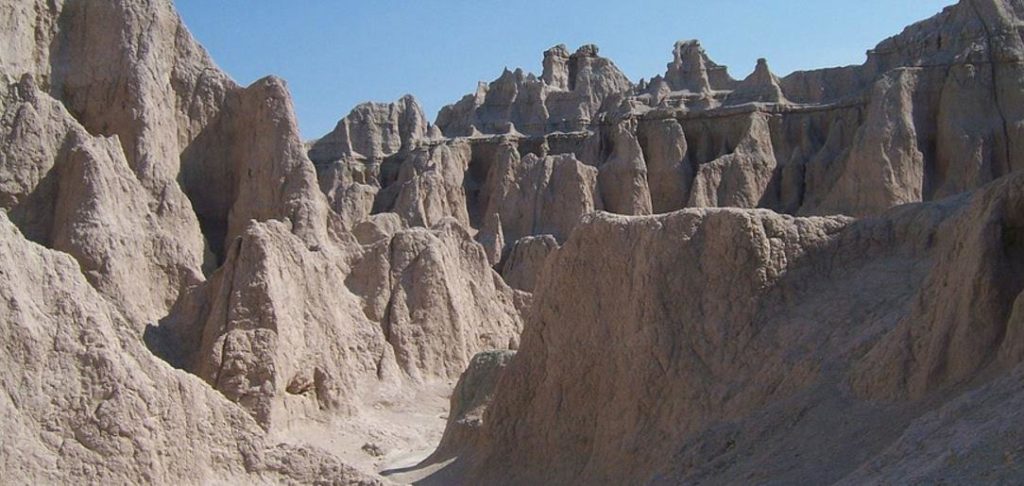
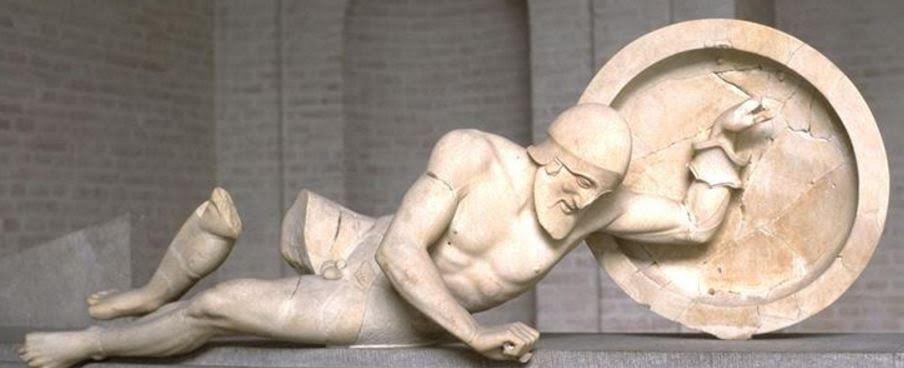

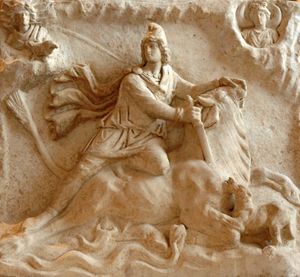
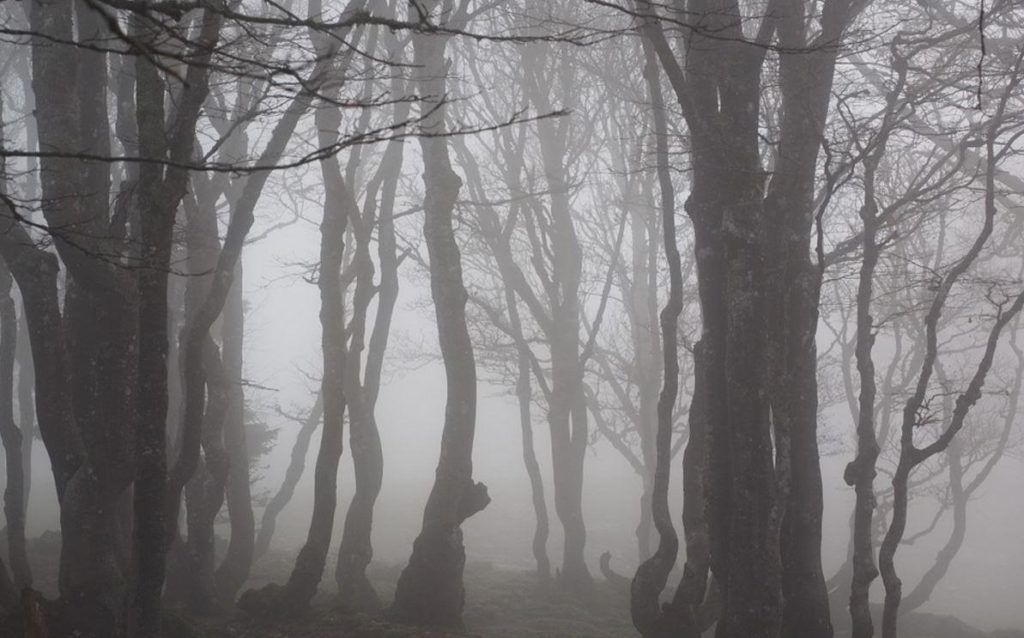

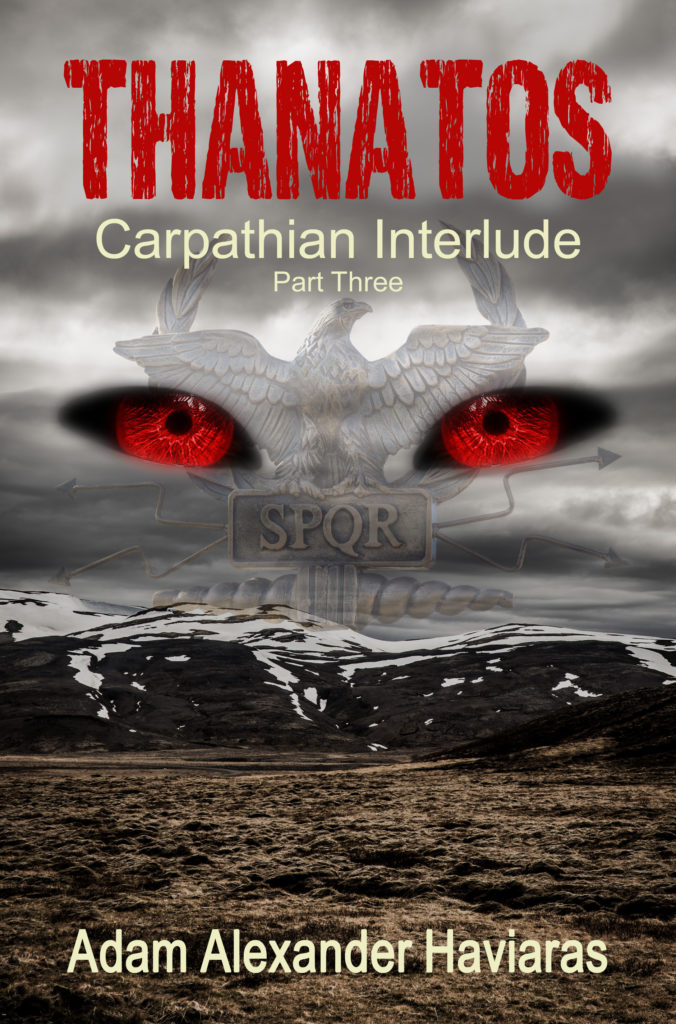
Adam!
I have been way to busy this final quarter to read much of anything other than my wind-down mysteries during rare evenings at home! BUT your sharing of your heart and history of Thanatos gripped me and now – I need to read this book!
Just wanted you to know your words are a road to the past and into adventure.
Linda Lou
Thank you, Linda Lou 🙂 That means a great deal. Happy Spring to you, and thank you for the kind words…